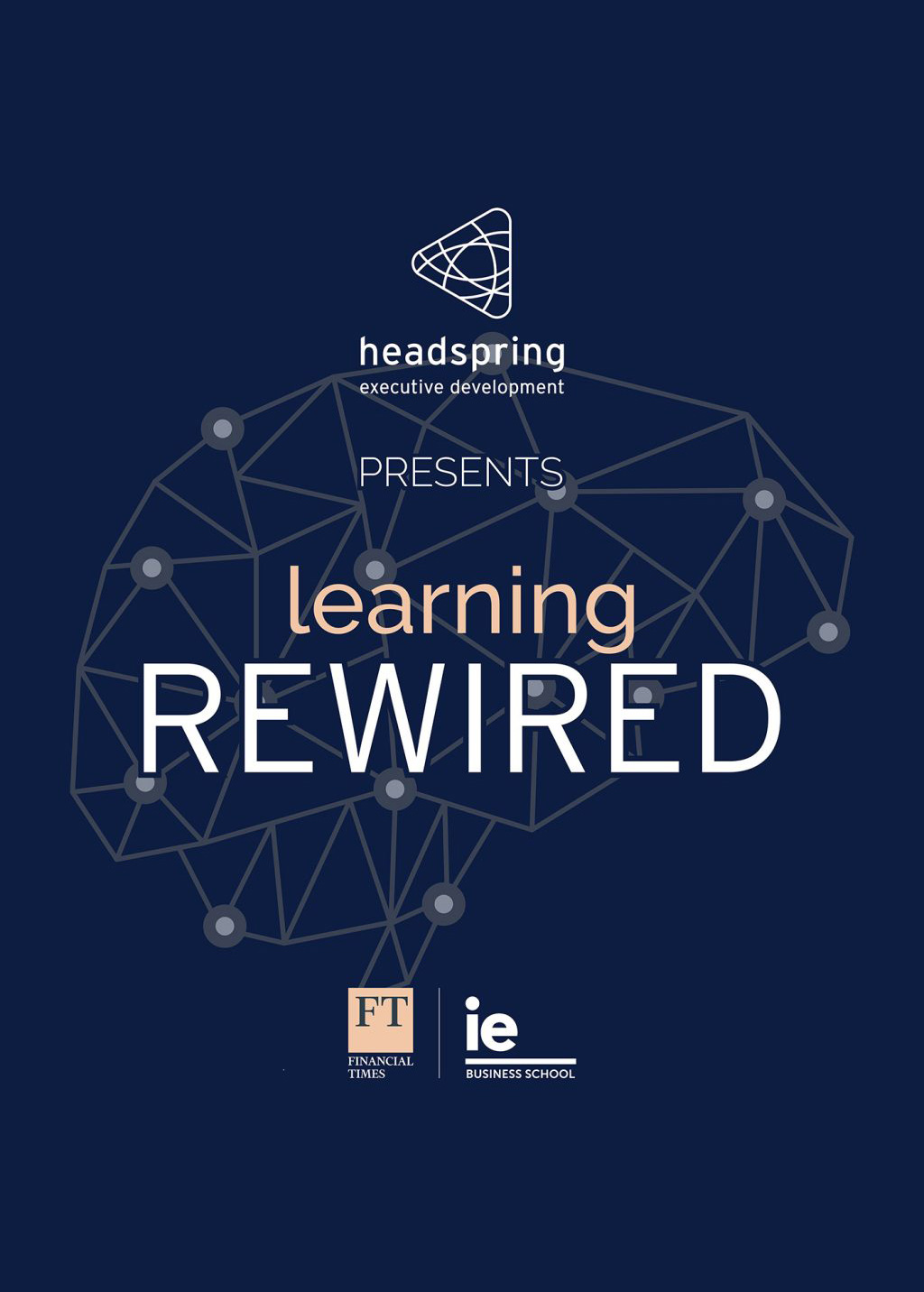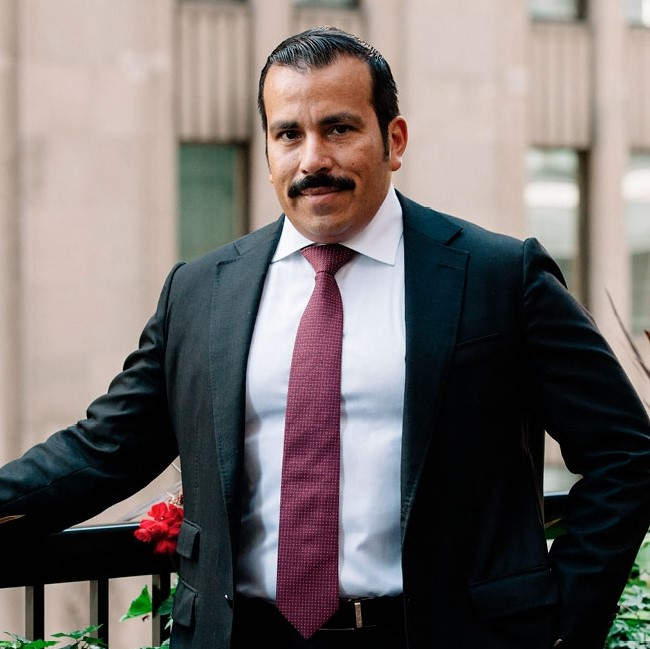- Learning Rewired Podcast
ESG, CEOs AND CORPORATE SCANDAL
Ethical and sustainable corporations are not just about flowery ideologies, hugging trees, or peace, love and unity. This is basic good business.Listen on Spotify Listen on Apple Podcasts

#04 ESG, CEOs and Corporate Scandal
Ethical and sustainable corporations are not just about flowery ideologies, hugging trees, or peace, love and unity. This is basic good business. Companies that want to endure and thrive need to commit to doing the right thing, not just for people and the planet, but for their own long-term success.
These are some of the lessons learned from José Hernandez, author of Broken Business: Seven Steps to Reform Good Companies Gone Bad and rehabilitator of companies in crisis. Speaking from 20 years’ experience at the frontline of corporate scandal, José shares that companies are not inherently “good” or “bad”, but are rather defined by how they respond to the critical dilemmas in environmental, social and governance domains.
Reflecting on his experience at the frontlines of corporate scandal, José shares:
- The dangers of an “us versus them” perspective that writes off employees guilty of misconduct as bad apples
- The willful blindness that leads to legal and reputational damage
- Why doing the right thing is not just an ethical proposal, it’s a business imperative
- How leaders can limit the risks of misconduct and corporate scandal by aligning their businesses with stronger environmental, social and governance purpose

José Hernandez
José R. Hernandez, CPA, CA, Ph.D. is the founder and Chief Executive Officer of Ortus Strategies. His company addresses the needs of organizations who are facing legal, regulatory and reputational challenges.
Hernandez is internationally recognized as an expert on crisis management, business integrity, and corporate misconduct.
He was formerly a partner in a Big Four firm and co-founded that firm’s European Securities Litigation practice. He has also served as Deputy Independent Corporate Monitor and Independent Compliance Advisor to several leading global organizations based in North America and Europe. Currently, he is a Senior Advisor to Freeh Group International Solutions.
Hernandez completed his Ph.D. in Economics and Business Administration at VU University Amsterdam, where he is a guest faculty member; his doctoral dissertation is titled “Principles, Processes, and Practices of Fraud Prevention.”
Learn more about José HernandezIn this Episode...
What does it mean to be wilfully blind, while an individual in organisational culture? Imagine you know that the 30% extra on an invoice is going to go to a government official to bribe - some people just say, “Well, I am not the one doing that. It's not my organization that's bribing the government official. It's some other third party.” Or imagine you get an investigative report that say’s that a person approved certain payments and some people would say, “well, did he really know what those payments were for?”. So wilfully blind, is a way of us rationalising ourselves away from doing the courageous actions, the things that we need to do in order to stand up and address a problem.
Does an organisational culture that supports ongoing wilful blindness, leads to ongoing wilful blindness? Yeah, it supports it, or maybe it's just tolerated. And then, and the more you tolerate, the more you're condoning the conduct, the more you're accepting it. And the more everyone around you says, Well, I guess that is normal in this setting. I guess that's just the way things are done. So you socialise it. Once you see certain conduct we all want to belong, especially in an organisation context.
What steps can leaders take to mitigate the risk of misconduct happening in the organisation on a regular basis? I think that CEOs and leaders need to put themselves out there. They need things like having open letters and open door policies, going to the shop floor, going to the street talking to customers, and promoting a speak-up environment where people can come to you with issues. You want to know as leaders, “What are the issues? What are the allegations of misconduct? Where do we go wrong?” because only by understanding that, can you actually know what's really going on in an organisation, and fix it.If you hide a mistake, you can start creating a real problem that affects more than an individual and affects the corporation.
Where can leaders start to make sure that they don't get to that point? First, knowing what the problems are in your organisation's - understanding and creating an environment where these things rise to the top, so you have transparency.
Second, connect an organisation to its purpose, to connect the organisation to sustainable development goals, and broaden the lines of responsibility.